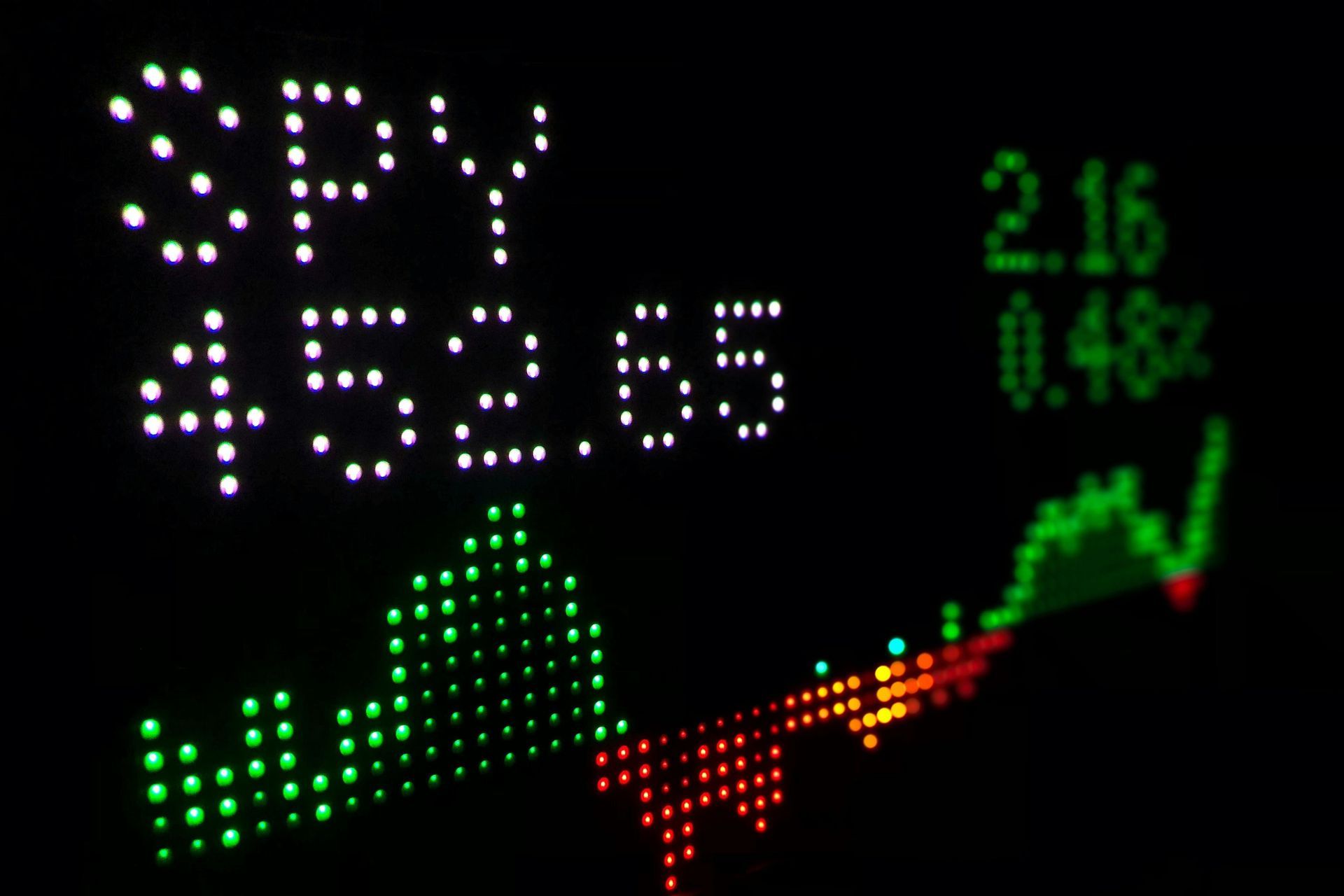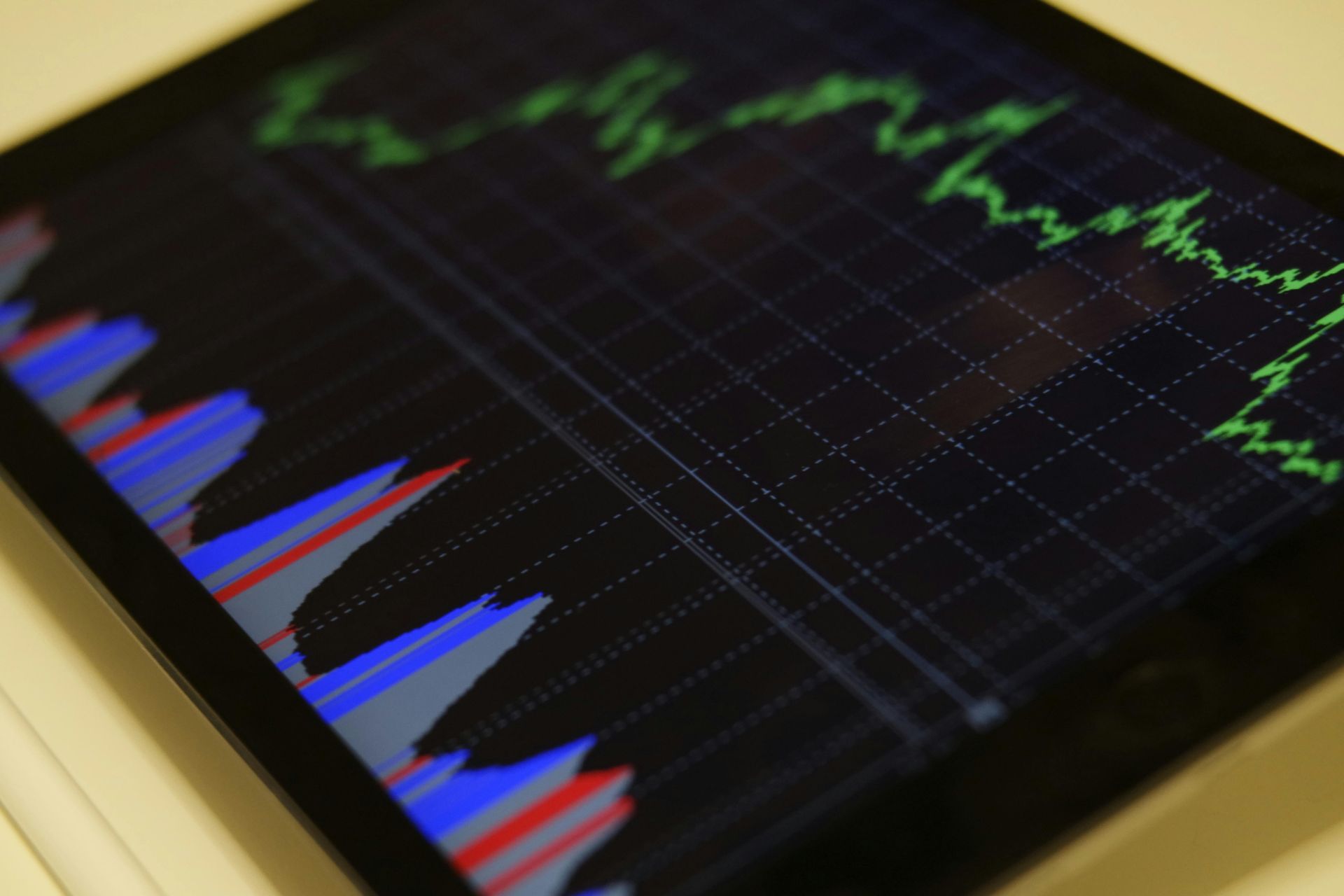Escalation of Russia / Ukraine Conflict
As you're well aware, following weeks of speculation, Russia removed all doubt about their intentions as they began the military conflict in recent days. In the weeks leading up to the attack, European leaders attempted to diplomatically resolve the issues between the two nations without success. As President Putin ordered troops into two separatist regions of Eastern Ukraine and recognized their independence, the European Union, United States and their allies announced new trade, investment and financial sanctions aimed at deterring Russian aggression. The stock market, which already was digesting uncertainty around the amount of interest rate hikes expected to try and tame inflation, added more unpredictability with this conflict and potential implications across the globe.
While our portfolios have extremely limited exposure to emerging markets where you would find Russian investments, in recent weeks the escalation of tensions between Russia and the Ukraine spilled into the broader US and Developed International indices. While last year was unusually calm for the stock market, the beginning of this year brought a return of volatility, some expected (interest rate discussion) and some unexpected (Russia-Ukraine).
How will the invasion impact our lives and the lives of those in Europe in the near-term? The most obvious impact could be the acceleration of inflationary pressures, particularly on food and energy costs. While the US is much less reliant on Russian oil & gas imports for their energy needs, European countries are much more vulnerable to Russian energy supplies as they account for more than a third of their natural gas consumption. A disruption of natural gas supply would further exacerbate the already high energy prices currently experienced in Europe. You could also expect the price at the pump in the US to continue to climb as the conflict persists. Ukraine is known as the “breadbasket of Europe” for good reason. They account for 12% of global wheat exports and are major exporters of corn and barley. Russia and Ukraine, combined, account for more than 25% of the world’s wheat exports and almost 20% of corn exports. Food prices which have already felt the impacts of inflation, could further rise with grain supply issues caused by the conflict. Now is a good time to focus on the core principles of portfolio management and prudent investing that are specific to your situation.
Time Horizon - For most, your time horizon is measured in decades rather than weeks, months, or years. While it is completely understandable for investors to experience anxiety when a correction or bear market occurs, they are a normal occurrence in the markets. These pullbacks also provide the opportunity to put excess cash to work and take advantage of the lower prices.
Asset Allocation - The blend of stocks, bonds and cash in your accounts, which aims to balance the risk and reward of your investments. While this governs potential returns when equity markets are doing well, it minimizes the impact of market corrections.
Cash Flow - Many of our clients invest in high quality, dividend paying stocks with growing dividend payments. These stocks tend to act as a safe haven during times of uncertainty. Whether you are taking the dividend payments as income or allowing them to reinvest and purchase additional shares at a reduced price, you are not solely reliant on the price of the stock going up for your investment performance.
As always, it’s important to focus on your long-term goals and not get caught up in things you can’t control. We can’t control interest rates, Vladimir Putin or supply chain issues. However, factors we can control - such as asset allocation, can improve your chances of reaching your goals and reducing stress.
If you have specific concerns or questions regarding your accounts, please feel free to email or call anytime.












